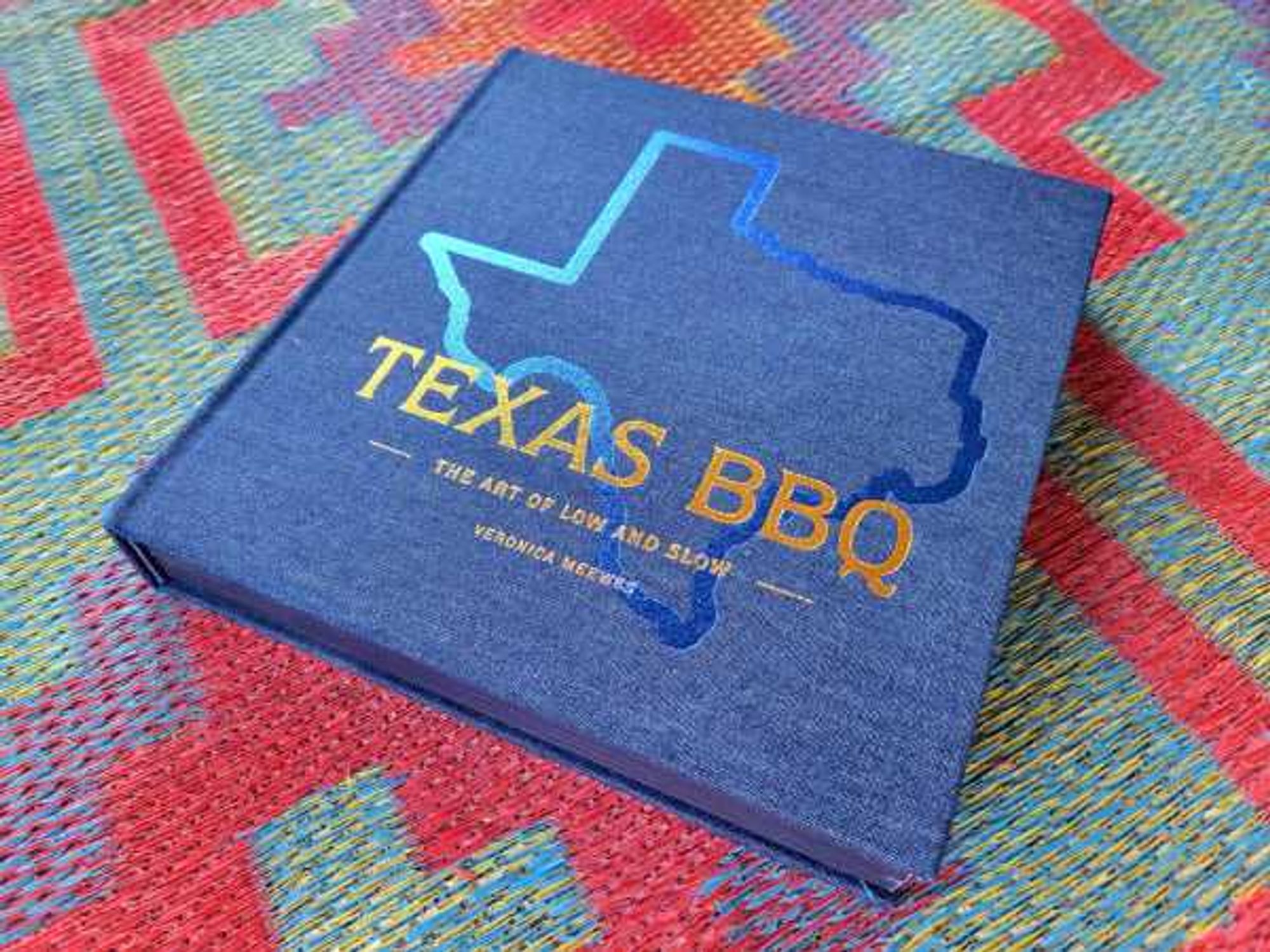April target date
Parking meters are on the way to Washington Avenue: City council passes pilotprogram
 The Parking Benefit District will mark the end of free curbside parking — atleast for the first 18 months.Photo courtesy of LazyTechGuys.com
The Parking Benefit District will mark the end of free curbside parking — atleast for the first 18 months.Photo courtesy of LazyTechGuys.com The Washington Avenue has been fraught with parking and traffic woes in the pastfew years since becoming an entertainment district.Photo by Julie Soefer/Greater Houston Convention and Visitors Bureau
The Washington Avenue has been fraught with parking and traffic woes in the pastfew years since becoming an entertainment district.Photo by Julie Soefer/Greater Houston Convention and Visitors Bureau
Washington Avenue-area residents and frequenters of the bar scene take note: On Wednesday morning, Houston City Council voted — 15 to 2 — to establish a Parking Benefit District (PBD) pilot program in the popular area.
"The Washington Corridor has the opportunity to become a signature entertainment and business destination in our city," said Council Member Ellen Cohen, who represents the area and championed the measure, in a statement.
"PBDs have been proven to give back to the community as well as increase business, and in order to sustain the viability and vitality of this unique area, it is critical that we balance the needs of residents, business owners, and patrons," she continued.
Operating under the belief that curbside parking is a limited commodity and should be paid for as such, chief among the changes is the installation of parking meters.
Mayor Annise Parker and various city departments have been meeting with stakeholders since Sept. 2011 to find a solution for the area, which is rife with parking issues. A final plan was submitted to the City Council last week, and was tagged by Council Member Oliver Pennington to give council members more time to study its language.
Operating under the belief that curbside parking is a limited commodity and should be paid for as such, chief among the changes is the installation of parking meters. Those will charge $1 per hour from 9 a.m. to 3 p.m. and, after 6 p.m., customers can elect to pay a flat nightly rate of $7 or an hourly rate of $2 per hour.
The parking meters are set to be installed and in use by April, 2013.
The changes will also affect area residents and business owners, who will receive written notice from the city with 10 days outlining the boundaries and describing the details of the ordinance. Each address is allowed to apply for one parking benefit district permit, which comes with an annual fee of $25.
Revenue derived from the Washington Avenue PBD will go first to defray the city's administrative costs. Whatever remains will be distributed between a parking management special revenue fund (40 percent) and an advisory committee that will spend funds on improvements to the neighborhood (60 percent). The city anticipates that "at least $170,000 in net revenues will be split between the district and the city in the first year."
A parking garage remains a viable option for the future. The ordinance will be reviewed in 18 months for its efficacy.

 This hefty book highlights the historical connections that make Texas Barbecue so interconnected. Photo by Brianna Caleri
This hefty book highlights the historical connections that make Texas Barbecue so interconnected. Photo by Brianna Caleri